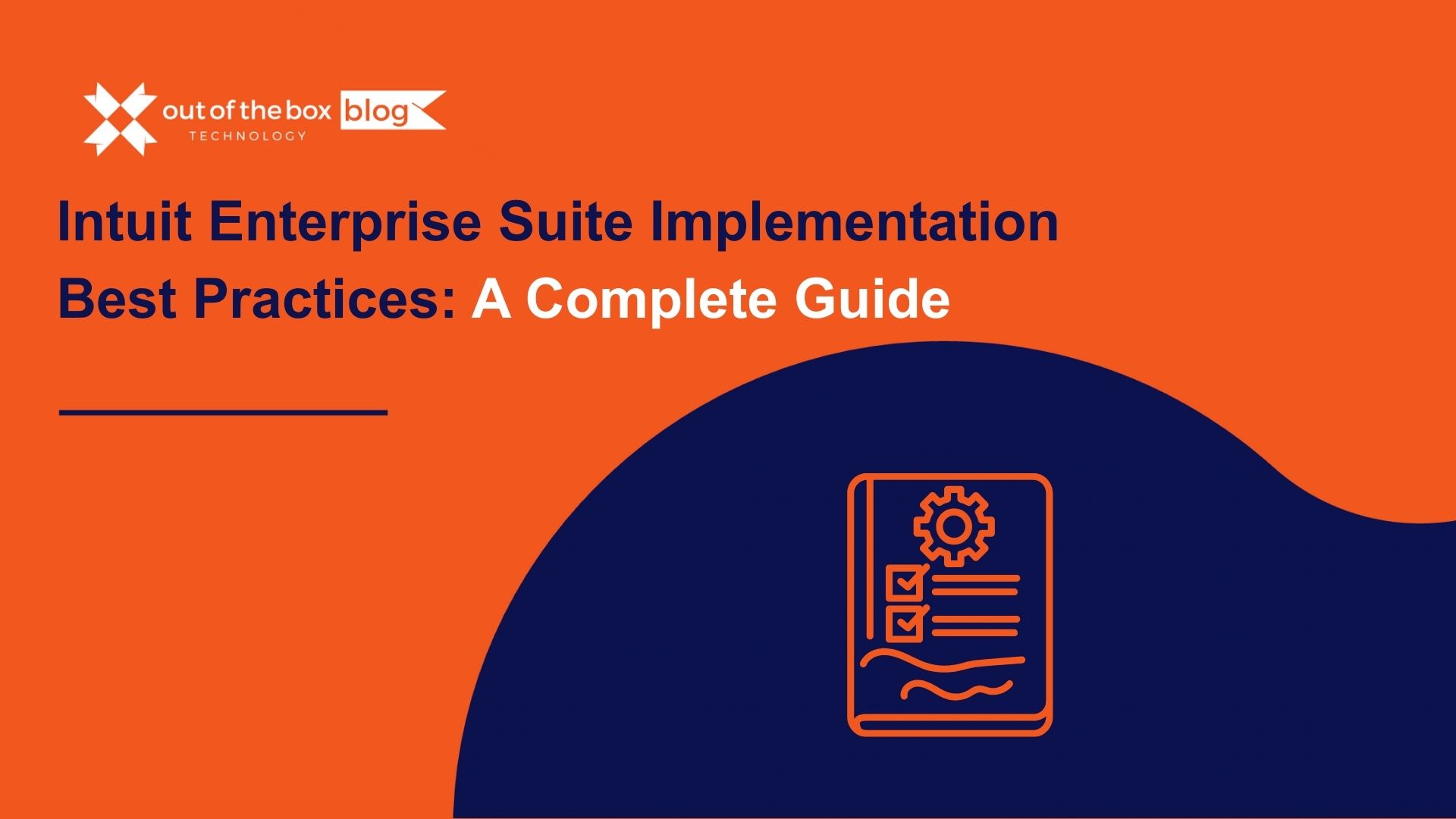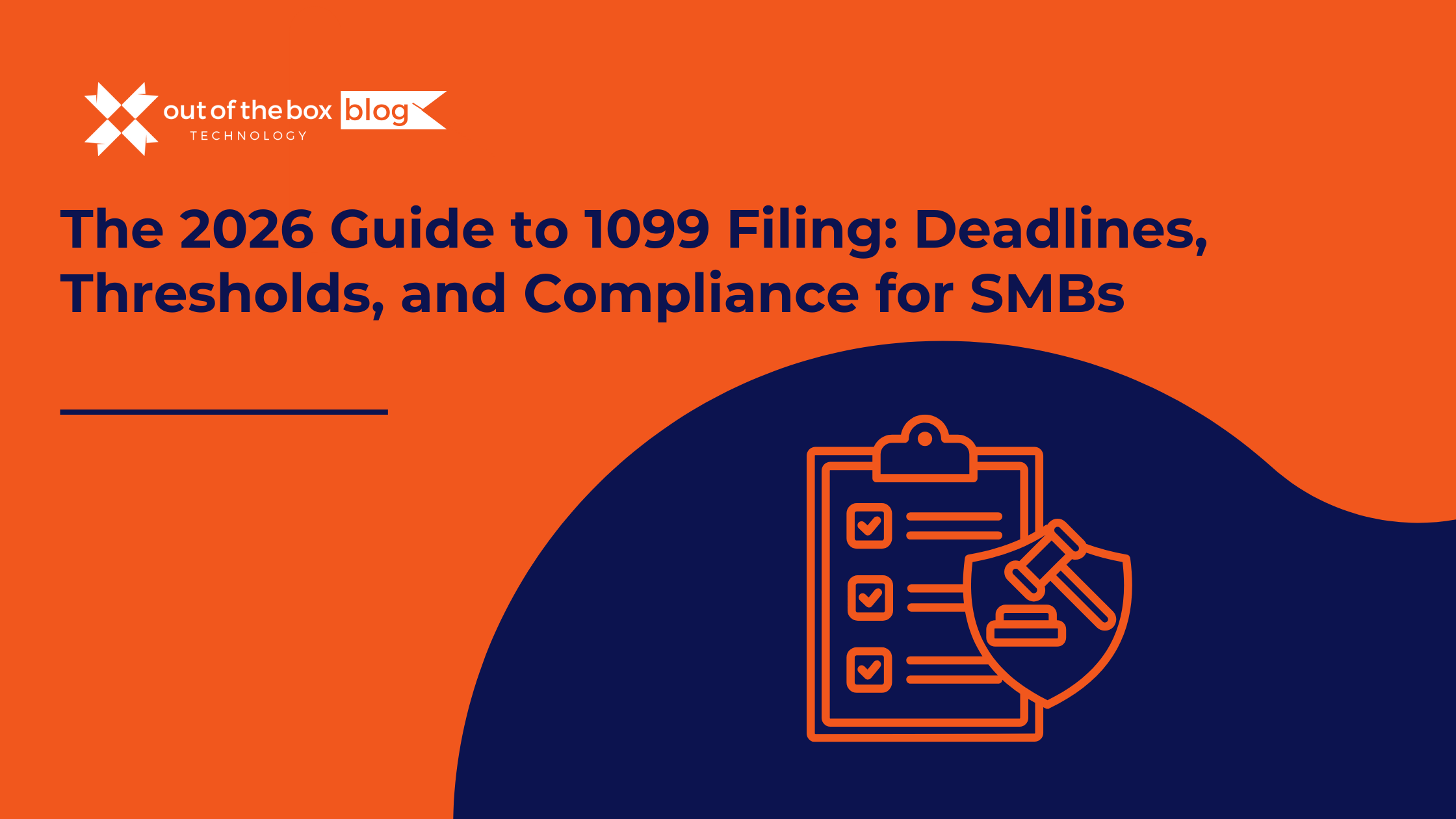When running a business, financial management is paramount to success. Understanding the distinctions between bookkeeping and accounting can significantly impact your business’s financial health. This detailed article aims to elucidate these differences, highlight their benefits, and help you decide which one your business needs. We’ll focus on the keywords “bookkeeping” and “bookkeeping services,” ensuring the content is optimized for search engines.
What is Bookkeeping?
Definition and Purpose
Bookkeeping is the systematic recording, storing, and retrieving of financial transactions for a business. The primary goal is to keep an accurate record of all financial transactions in a consistent manner, which forms the foundation for the entire accounting process.
Key Responsibilities of a Bookkeeper
- Recording Transactions: Bookkeepers record daily transactions, including sales, purchases, receipts, and payments.
- Maintaining General Ledger: The general ledger is a basic document where bookkeepers post financial transactions.
- Reconciling Accounts: Regularly checking records against bank statements to ensure accuracy.
- Managing Payroll: Calculating and processing employee salaries, benefits, and taxes.
- Invoicing: Creating and sending invoices to clients.
Examples of Bookkeeping Tasks
- Daily Sales Entries: A retail store bookkeeper records the day’s sales, updating the sales journal and general ledger.
- Expense Tracking: A freelance bookkeeper tracks business expenses, categorizing them appropriately for tax purposes.
Benefits of Bookkeeping
- Accuracy in Financial Data: Ensures all financial transactions are recorded systematically.
- Improved Budgeting: Accurate records help businesses plan and stick to budgets.
- Tax Preparation: Makes tax filing easier and more accurate.
- Cash Flow Management: Provides a clear picture of the business’s financial health.
What is Accounting?
Definition and Purpose
Accounting is the process of recording, classifying, summarizing, analyzing, and interpreting financial information. It goes beyond bookkeeping by providing insights that help in making strategic business decisions.
Key Responsibilities of an Accountant
- Financial Reporting: Preparing financial statements like balance sheets, income statements, and cash flow statements.
- Analysis and Interpretation: Analyzing financial data to provide insights and recommendations.
- Tax Filing and Planning: Ensuring compliance with tax regulations and planning for future tax obligations.
- Auditing: Reviewing and verifying the accuracy of financial records.
- Strategic Planning: Assisting in budgeting and forecasting to guide business decisions.
Examples of Accounting Tasks
- Financial Statement Preparation: An accountant prepares a balance sheet to summarize the financial position of a business at a specific point in time.
- Tax Strategy Development: Developing a tax strategy to minimize tax liabilities while ensuring compliance with laws.
Benefits of Accounting
- Informed Decision Making: Provides insights that aid in strategic planning and business growth.
- Compliance: Ensures adherence to financial regulations and standards.
- Financial Health Monitoring: Regular reports help monitor and improve the business’s financial health.
- Investor Relations: Accurate accounting can attract investors by showcasing financial stability and growth potential.
Bookkeeping vs Accounting: Key Differences
Scope of Work
- Bookkeeping focuses on the recording and organization of financial data.
- Accounting involves interpreting, classifying, analyzing, reporting, and summarizing financial data.
Skills and Education
- Bookkeepers typically require a high school diploma and on-the-job training, though certifications can enhance credibility.
- Accountants often need a degree in accounting or finance, and professional certifications like CPA (Certified Public Accountant) are highly valued.
Output
- Bookkeeping outputs include ledgers, journals, and records of transactions.
- Accounting outputs include financial statements, tax returns, and analytical reports.
Choosing Between Bookkeeping and Accounting Services
When to Choose Bookkeeping Services
- Small Businesses: When starting, maintaining basic financial records is essential.
- Day-to-Day Operations: Bookkeeping services are ideal for managing daily financial transactions and payroll.
- Cost Management: For businesses looking to manage costs effectively, hiring a bookkeeper can be more economical.
When to Choose Accounting Services
- Growth Phase: As your business grows, the need for detailed financial analysis and strategic planning increases.
- Complex Financial Needs: Businesses with complex financial transactions benefit from the expertise of an accountant.
- Compliance and Taxation: To ensure compliance with tax laws and effective tax planning, accounting services are crucial.
Data Points and Examples
Impact on Small Businesses
A survey by Wasp Barcode Technologies revealed that 71% of small businesses outsource their accounting functions, indicating the critical role of professional accounting in business success. Furthermore, businesses that maintain detailed financial records are 50% more likely to survive the first five years.
Case Study: Small Retail Business
A small retail business initially managed by a bookkeeper saw improved cash flow and reduced tax errors. However, as the business expanded, the owner hired an accountant. This transition resulted in better financial planning, leading to a 20% increase in profits within the first year of hiring the accountant.
Conclusion
Both bookkeeping and accounting are essential for a business’s financial health. While bookkeeping provides the foundation by maintaining accurate records, accounting builds on this by offering insights and strategic guidance. Depending on your business’s size, complexity, and stage of growth, you may need one or both services. Understanding these roles and leveraging them appropriately can help ensure your business’s long-term success.
By focusing on the keywords “bookkeeping” and “bookkeeping services” and incorporating relevant data points and examples, this article aims to rank high in organic search, providing valuable information to businesses seeking clarity on these crucial financial functions.
Meet with a QuickBooks service expert today!
Schedule a complimentary QuickBooks service consultation to find out the recurring accounting services to help your business run at its best.




